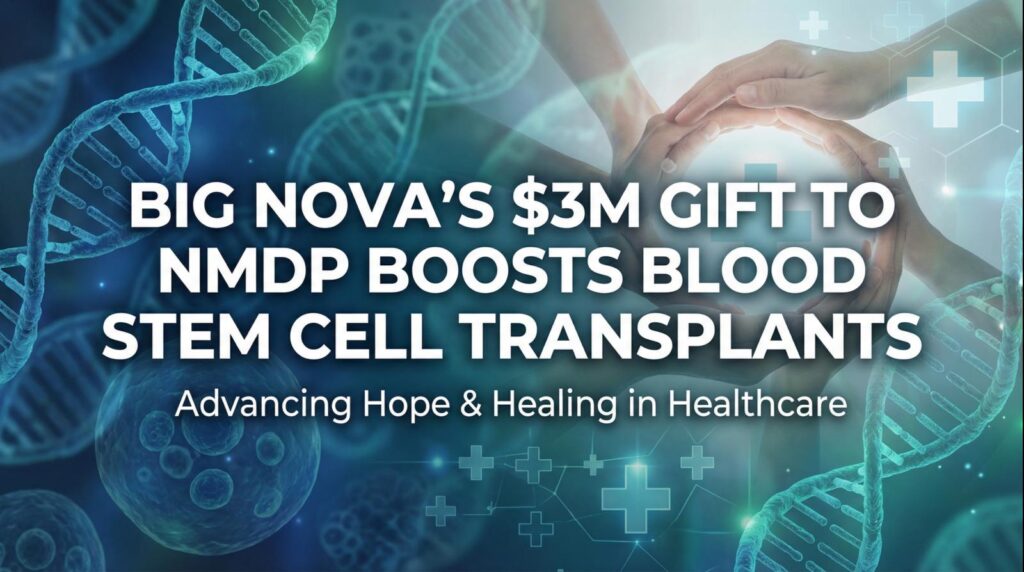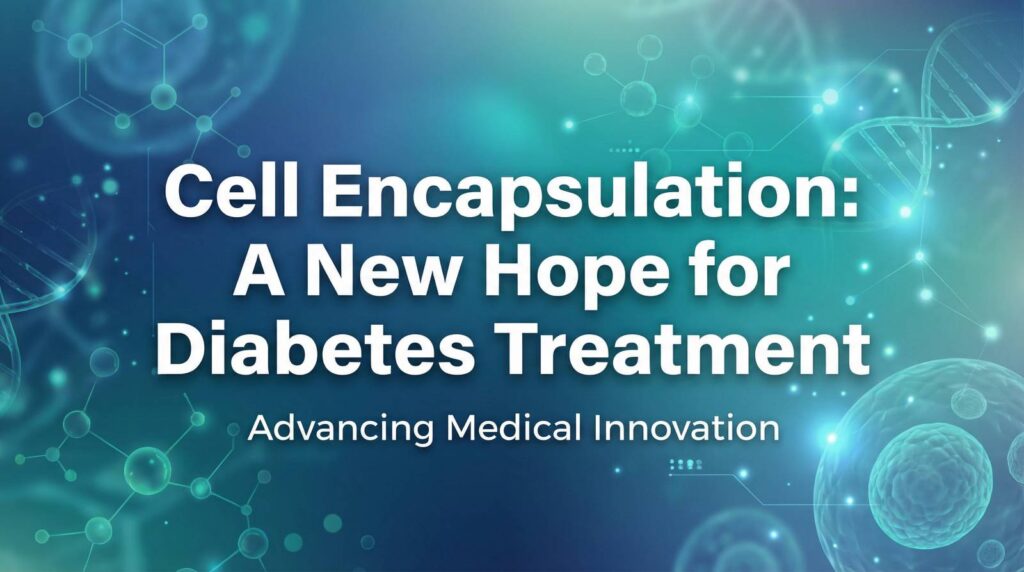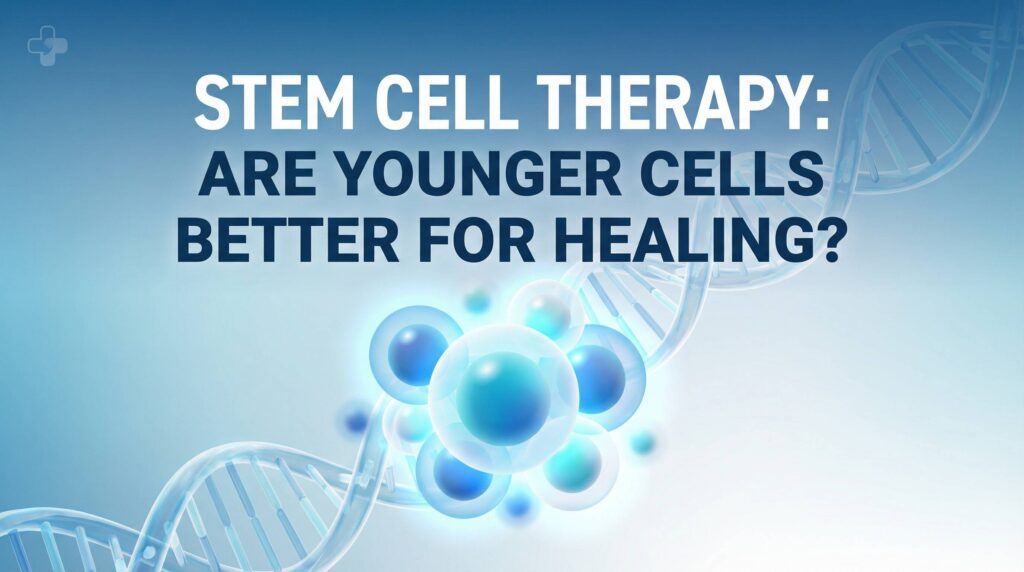In a breakthrough for Alzheimer’s disease research, Regeneration Biomedical, Inc. recently presented promising findings from a Phase I clinical trial that delivers stem cell therapy directly into the brains of patients.
Utilizing Wnt-activated, autologous, expanded, adipose-derived stem cells (RB-ADSCs), the therapy is designed to potentially slow or reverse the progression of Alzheimer’s.
These specialized stem cells, derived from the patient’s own adipose tissue, are engineered to improve cell signaling within the brain—a critical factor in combating the degenerative effects of Alzheimer’s.
In this first cohort, RB-ADSCs were infused directly into the lateral ventricles of the brain, bypassing traditional barriers and allowing the cells to target affected areas more directly.
The results showed that the treatment was well-tolerated, with minor side effects such as slight discomfort following liposuction for cell extraction and mild pain after the placement of an Ommaya reservoir. Notably, no major adverse effects like headaches or nausea were reported post-treatment.
After 12 weeks, participants exhibited a notable reduction in Alzheimer’s biomarkers, specifically p-Tau and amyloid-beta, with levels of p-Tau decreasing significantly from baseline.
Cognitive performance, measured via the Mini-Mental State Examination (MMSE), also demonstrated positive trends, with improvements noted in two of the three patients assessed.
These findings align with Regeneration Biomedical’s hypothesis that direct brain infusion of stem cells may help interrupt or even reverse the underlying disease processes in Alzheimer’s patients.
The trial is designed to include a total of nine patients, divided across three dosage groups. This open-label, single-arm study is also set to monitor secondary outcomes related to cognitive and anatomical biomarkers over an extended follow-up period of up to 52 months.
Currently, the second cohort of patients has completed enrollment, and the third cohort is underway.
Dr. Christopher Duma, President and Founder of Regeneration Biomedical, shared that these early findings bolster confidence in RB-ADSC’s potential efficacy and safety, hinting at a new frontier in neurodegenerative disease treatment.
As research progresses, the company plans to present additional data at upcoming medical conferences, with the aim of advancing the therapy to Phase II trials, contingent on continued success and safety outcomes.
For further details on this ongoing trial, visit clinical trial registry NCT05667649.



